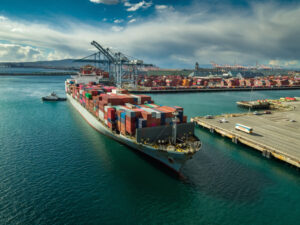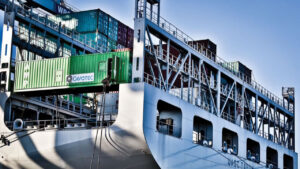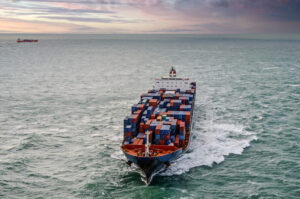Unmanned surface and underwater vessels will dominate maritime activity over the next decade, according to a report on the future of autonomous maritime systems.
The report, written and researched by Lloyd’s Register, QinetiQ and the University of Southampton as a follow-up to Global Marine Technology Trends 2030, has found that autonomous shipping development is taking place at a faster rate than two years ago.
Findings from the report support the theory that applied artificial intelligence, low cost low size sensors, increased connectivity, improved cyber security and better energy management are all likely to drive rapid and disruptive change.
Tim Kent, Technical Director, Marine and Offshore, Lloyd’s Register, said: “These developments enabled by technology provide new opportunities and potential for disruptive business models.
“However, the principal challenges will be the integration of these autonomous systems into current maritime operations, legal and regulatory requirements, and not least the impact upon seafarers.”
Dr Nicolas Jaccard, and Thomas Rogers, Visulytix, recently wrote the 'Automated Inspection by AI' technical paper on how we could use automated intelligence to search for contraband, threats, and fraud in cargo containers.
The report has also found that people will need to work seamlessly with autonomous systems and associated technologies by learning new skillsets, resulting in crew members of the future becoming shore based, managing vessels remotely from the office or the sea.
David Dingle CBE, Chairman of Maritime UK said: “This thought leadership from three world-leading companies and educational institutions, coupled with exciting developments from leading manufacturers such as Rolls Royce, ASV and a wealth of small and medium size players, mean that the UK, the world’s maritime centre, really is leading the autonomy revolution.”









